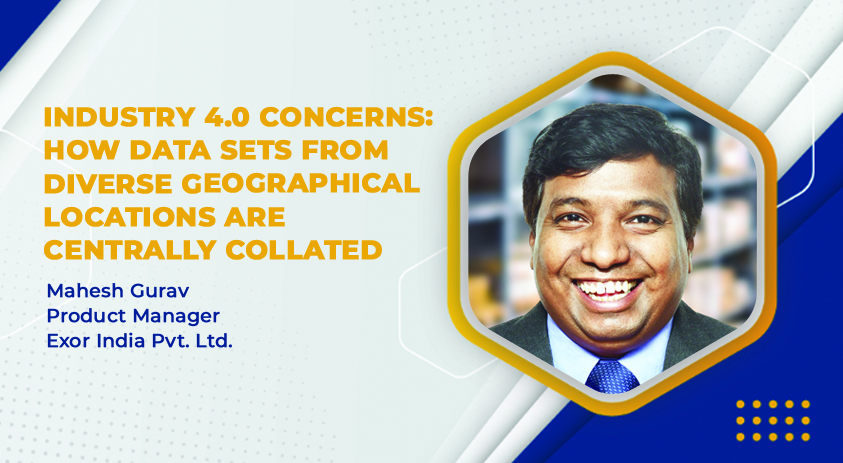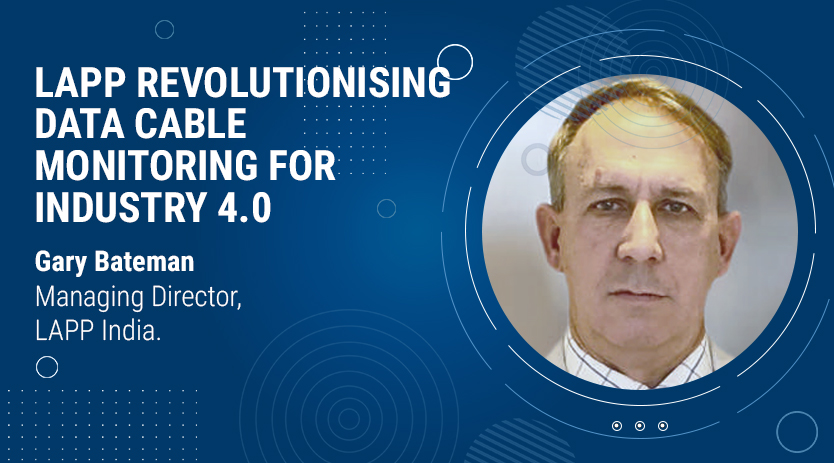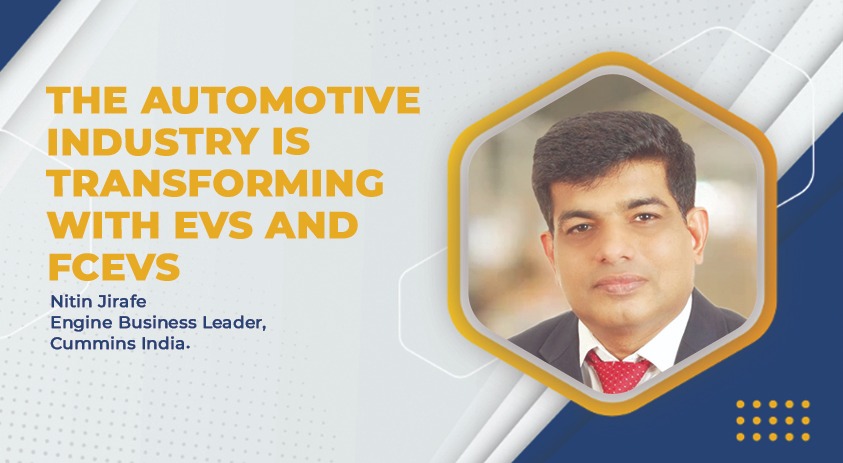Industry 4.0 concerns: How data sets from diverse geographical locations are centrally collated
By OEM Update Editorial September 7, 2023 6:15 pm IST
This article addresses the challenges the industrial sector faces in implementing Industry 4.0, specifically related to data capture across various facilities and centralising information processing. The solutions proposed aim to gather data from diverse geographical locations to drive digital transformation initiatives.
Industry 4.0 encompasses the idea of industrial automation and interconnected smart factories, extending beyond individual facilities to consider multiple facilities, the supply chain, and service providers working together to meet customer demands. The industrial ecosystem’s interconnected systems and processes are essential for optimising Industry 4.0 business models.
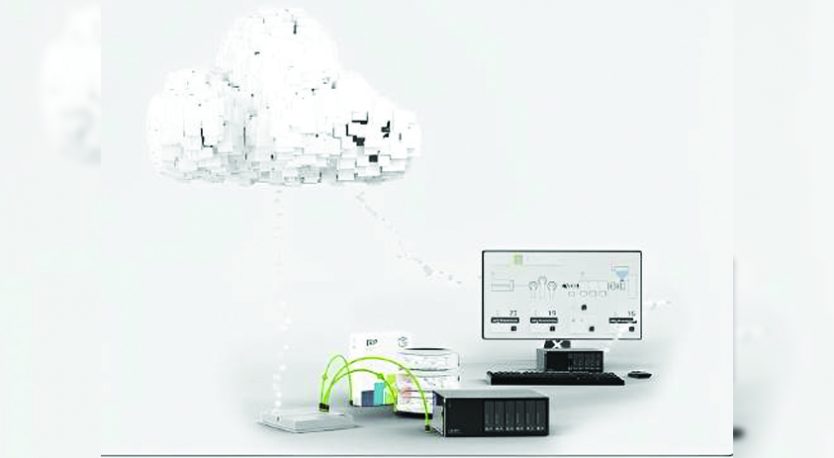
Pursuing digital transformation initiatives across multiple facilities in diverse locations
Enterprises operating in multiple locations typically adopt a phased approach to their digital transformation and Industrie 4.0 implementation. In the initial phase, they focus on implementing either an IoT or edge computing framework in their main facility to capture and analyse data, allowing them to address any issues before scaling up the deployment to other facilities. However, various questions and challenges arise as the implementation expands to multiple locations.
Digital transformation initiatives encompassing multiple facilities and processes generate massive volumes of data every hour, presenting the industrial sector with significant challenges associated with Industry 4.0. It ensures accurate and secure transportation of these data sets to a centralised location.
This also establishes a unified source of reliable information that facilitates ongoing optimisation efforts across various facilities. It leads to analysing trade-offs between capturing all data sets from plant floors and the expenses involved in storing, processing and analysing such extensive data.
Industrie 4.0 concerns that industrial enterprises face
The primary challenge of Industrie 4.0 lies in consolidating data from diverse locations for analysis, aiming to gain valuable insights into interconnected yet distinct processes. Industrial enterprises encounter two major categories of difficulties in this regard.
Capturing data from facilities with varying equipment and technological profiles: This encompasses the differences in shop-floor equipment across multiple facilities. Compared to modern Wi-Fi-enabled equipment, older establishments often possess legacy machinery without direct connectivity to interconnected networks or the cloud. Thus, different approaches are required for data capture and transfer.
Transferring analysed insights back to individual facilities
The need for a singular authoritative source becomes crucial to channel the obtained insights back to individual facilities for implementation. While centralised computing offers a solution, the cost of analysing vast data sets from numerous facilities poses another challenge for industrial enterprises.
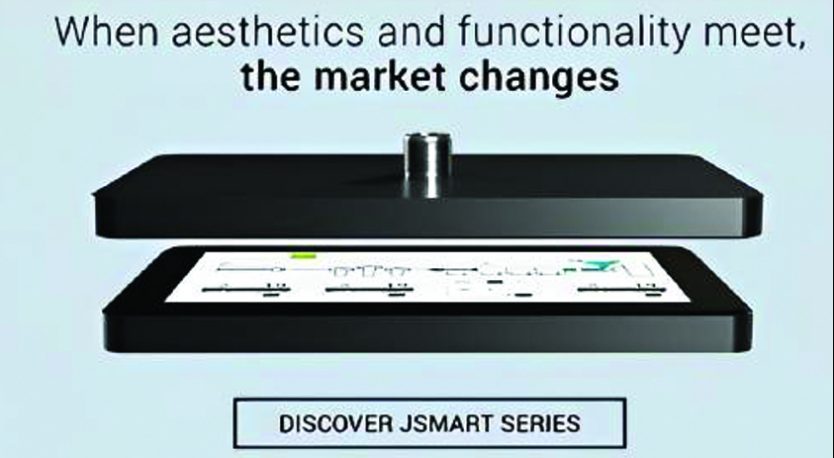
Solutions to managing Industry 4.0 implementations
The presence of diverse equipment and technology profiles poses challenges in capturing and transferring data. Still, OPC UA provides a solution by offering a pathway to collect data from legacy and modern equipment with different communication protocols. By incorporating smart HMI hardware like the JSmart Series in greenfield facilities, data capture and transfer can be streamlined, leading to a unified architecture.
OPC UA standards are employed to ensure data capture processes within individual facilities are harmonised before transferring the data to a central repository. Once a unified process is established, industrial enterprises can address the challenges of creating a single source of authority and reducing operational costs.
For enterprises with multiple facilities, sending all captured data to a central repository, be it cloud-based or on-premise, isn’t practical for optimising industrial processes. Instead, an intelligent architecture is required, where data is processed at the edge of individual data sources across multiple facilities, and only relevant data is transferred to the central repository.
The combination of cloud and edge computing provides the necessary intelligent framework to ensure only essential data sets are sent to the central repository. Edge computing solutions enable decentralised data analysis, allowing only specific data sets to be sent to the cloud. The dynamic nature of edge computing and the deterministic network OPC UA pub/sub over TSN facilitate efficient data exchange between the central repository and individual equipment in various facilities across different geographical areas.
Processing data at the edge also addresses the overwhelming influx of data that often perplexes industrial enterprises during their Industrie 4.0 implementations. Therefore, edge computing is crucial in capturing and processing data from multiple facilities. Moreover, emerging 5G networks with low-latency and high-bandwidth data transfers at affordable rates provides substantial support for industrial enterprises as they implement digital transformation strategies across multiple facilities. The speed and reliability of 5G ensure efficient data transfers from various locations without the limitations of wired networks or the unpredictability of 3G and 4G networks.
Conclusion
In the realm of Industrie 4.0, capturing and transferring data from multiple facilities poses substantial challenges. However, there are promising and evolving solutions to tackle these issues effectively. The OPC Foundation’s initiatives to streamline processes, the continuous progress by 5G service providers, and the decentralised power of edge computing collectively enable enterprises to harness the full potential of an interconnected environment spanning their diverse facilities.
Cookie Consent
We use cookies to personalize your experience. By continuing to visit this website you agree to our Terms & Conditions, Privacy Policy and Cookie Policy.



